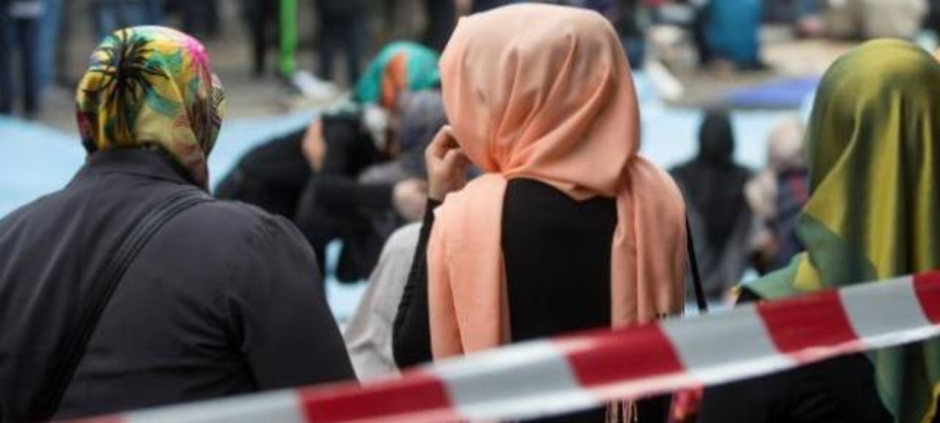Iran’s government has sparked controversy by announcing plans to open a new facility aimed at “treating” women who defy the country’s mandatory hijab laws. This so-called “hijab removal treatment clinic” will offer psychological and scientific counseling to women who fail to comply with the dress code, particularly targeting younger women and teenagers. Mehri Talebi Darestani, head of the Women and Family Department at Tehran’s Headquarters for the Promotion of Virtue and Prevention of Vice, claims the clinic will help women struggling with their “social and Islamic identity.”
While the government frames the clinic as a voluntary initiative to help women reconnect with Islamic values, human rights groups and activists have condemned it as a coercive attempt to control women. Critics argue that it pathologizes dissent, with the potential for women to be subjected to forced interventions under the guise of psychological treatment. Iranian human rights lawyer Hossein Raeesi has stated that such a clinic is “neither Islamic nor aligned with Iranian law,” while UK-based Iranian journalist Sima Sabet has labeled the move “shameful” and a dangerous form of state control over women’s freedoms.
Also Read: Israel Pledges Deadly Retaliation Against Iran
The announcement follows ongoing protests and unrest in Iran over the mandatory hijab law, especially after the death of Mahsa Amini in 2022, which ignited the “Woman, Life, Freedom” movement. Iranian authorities have continued to enforce hijab laws aggressively, with reports of arrests, forced disappearances, and women being subjected to violence, forced medication, and psychiatric evaluations for perceived violations.
Human rights organizations have raised alarms about the increasing use of psychiatric institutions to silence dissenting women. One case that has drawn particular outrage involved a university student who was arrested after protesting harassment by security officers for not adhering to the hijab law and was subsequently transferred to a psychiatric hospital.
Adding to the crackdown, authorities recently banned several prominent actresses, including Taraneh Alidoosti and Katayoun Riahi, from working in the film industry for defying the hijab law. Many see these actions as a continuation of the government’s efforts to control women’s bodies and voices.
As tensions between the Iranian state and its female citizens continue to escalate, women are defying these restrictive laws at great personal risk, while human rights advocates and international observers remain deeply concerned about the broader implications of these authoritarian measures.











